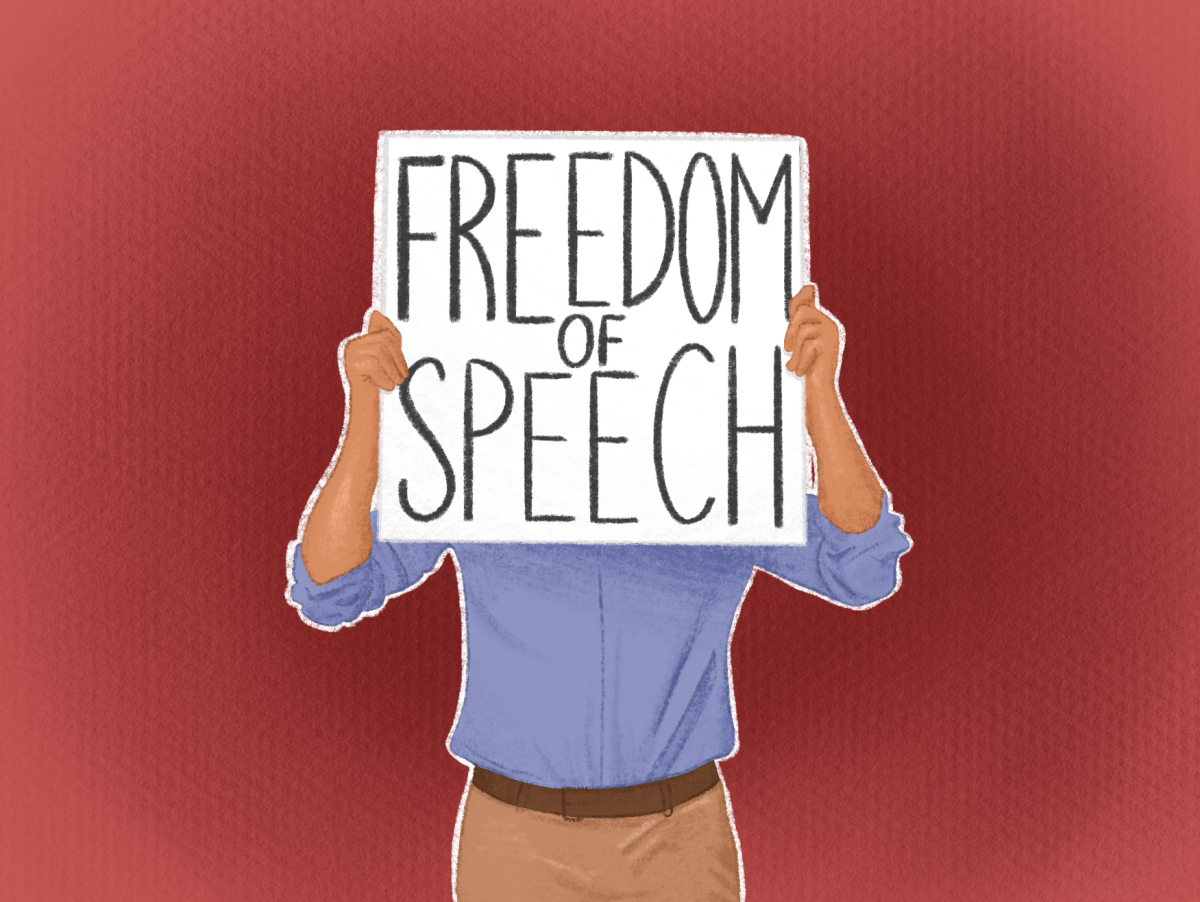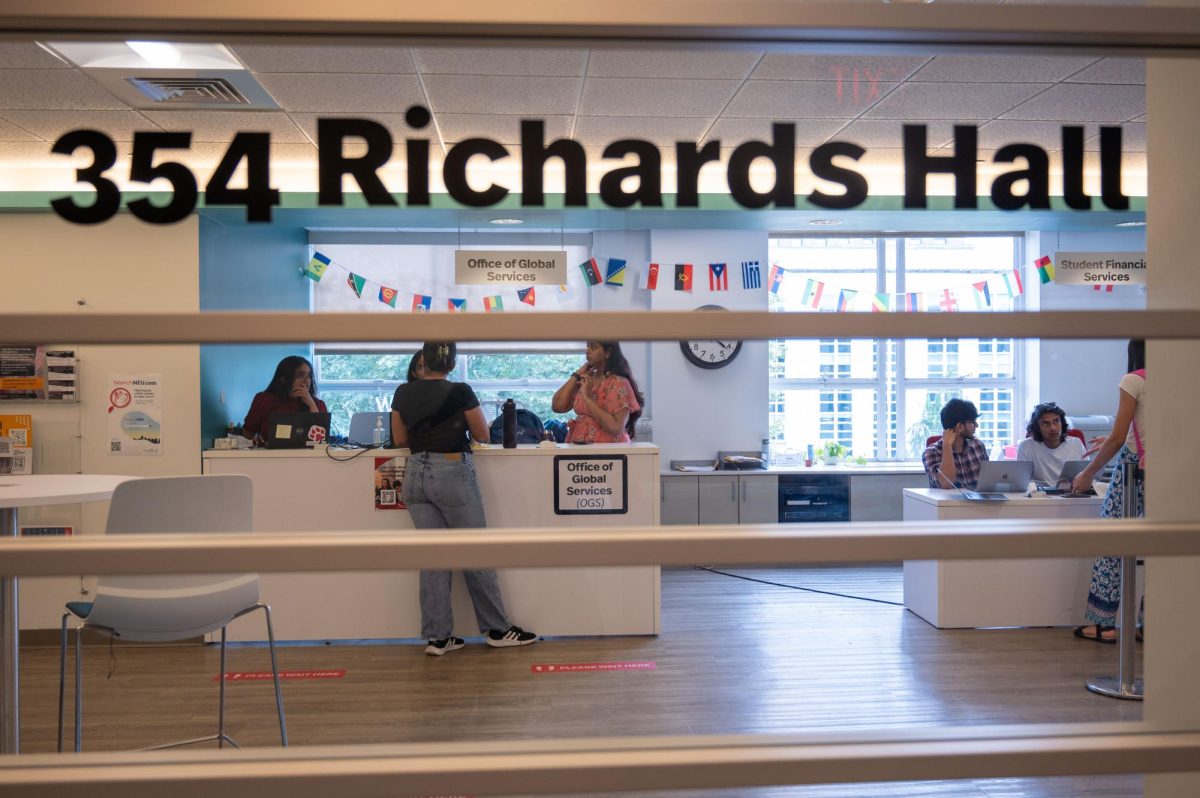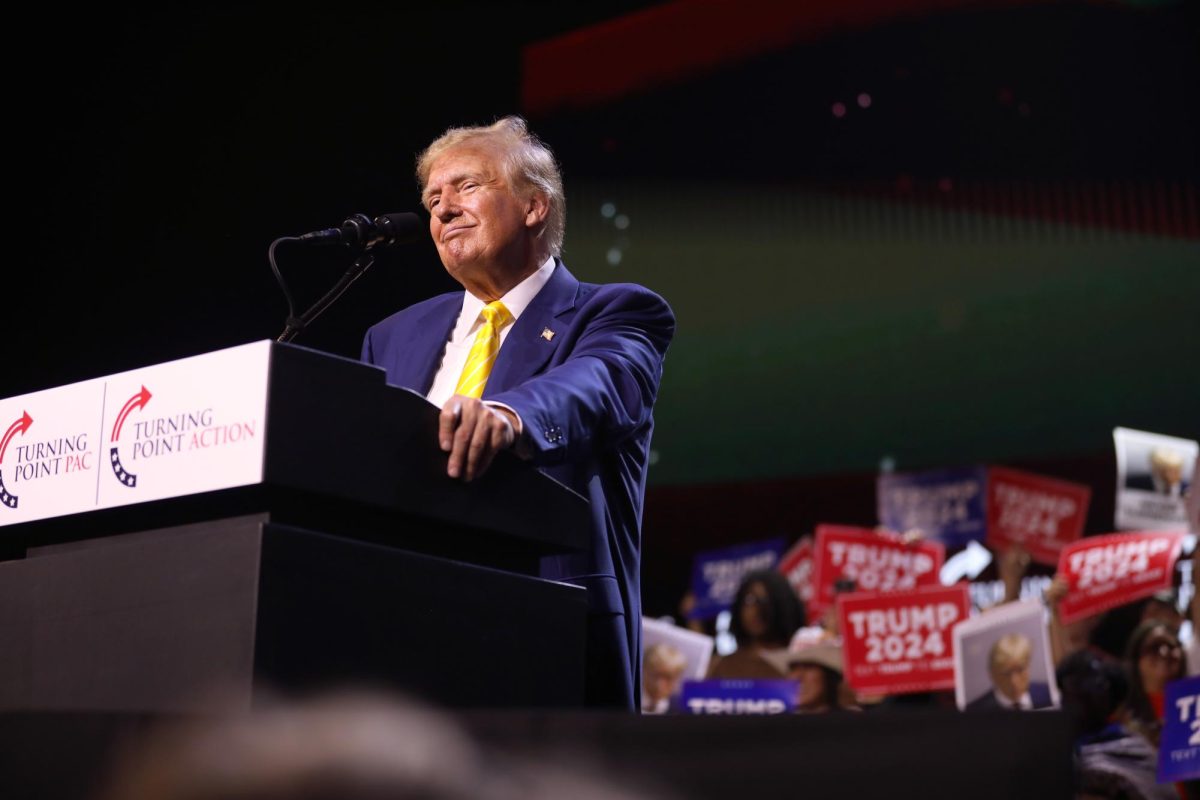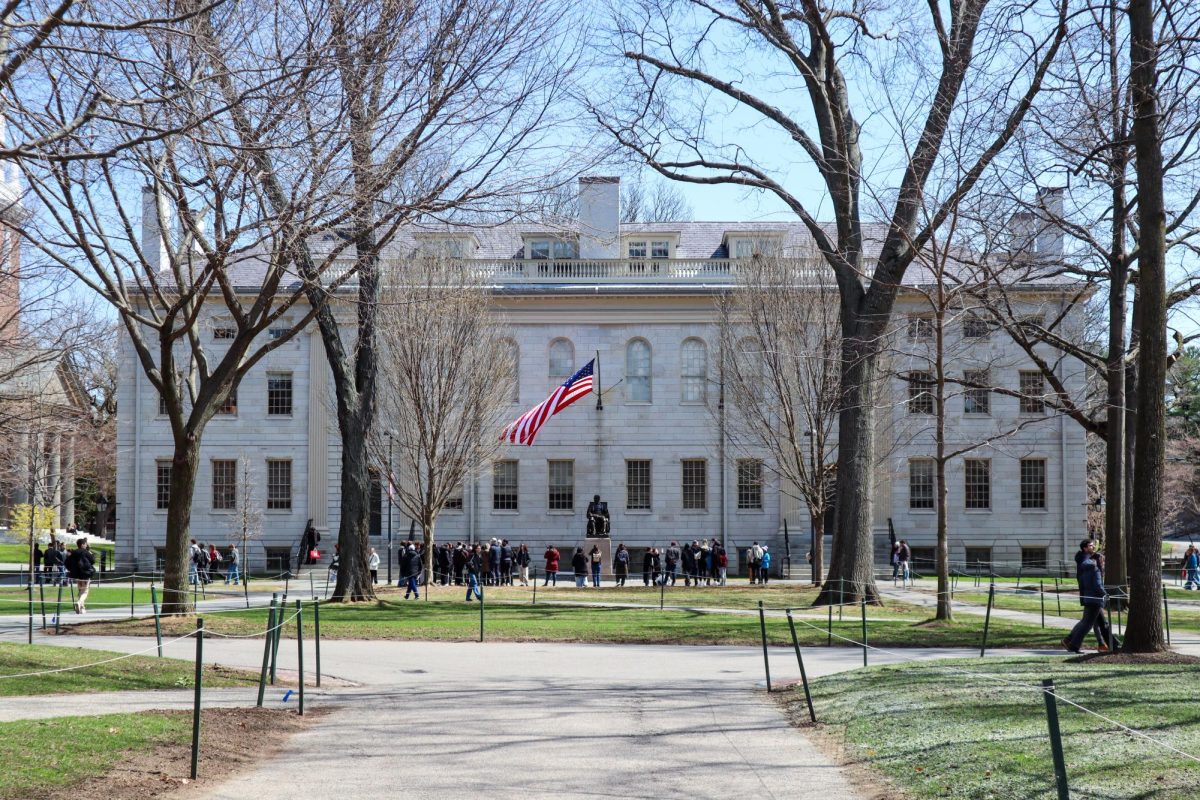When I was 16 years old, I submitted a letter to the Chicago Tribune writing about the negative effects of gentrification in Chicago’s Chinatown. Clippings of the piece were hung up in my orthodontist’s office, read by my peers and celebrated by my family. I felt immense pride in seeing how my words made a difference, and I found a new confidence in expressing my opinions.
This pride remains consistent with every article I publish. It shapes my professional aspirations, teaches me to take risks and demonstrates how easy it can be to impact your community, regardless of age or professional experience.
These days, the celebration of free speech has been put on the backburner. With President Donald Trump back in office, what students can say — and what they might get in trouble for — isn’t so clear anymore. The arrest and pending deportation of Mahmoud Khalil, a student leader in last year’s Gaza war protests at Columbia University, speaks to this ongoing shift. Khalil is a green card holder and a legal permanent U.S. resident, a status that would likely have remained uncontested if not for his participation in campus protests. Similarly, more than 1,700 students have had their visa status revoked across the U.S., a number which includes more than 40 of our own students and recent graduates. While the specific details of these revocations remain unclear, one thing is abundantly transparent: international students are not safe.
While Trump has not explicitly stated that he will deport all international students who disagree with his ideology, his actions have blurred the lines between which speech is considered “free” and which is considered “anti-American,” per his branding of student protesters as advocates of “anti-American activity.” He has created an environment where international students feel they cannot speak out against the issues that affect them most, namely selective enforcement of immigration policy and their school’s responses — or the lack thereof.
In Khalil’s case, U.S. Secretary of State Marco Rubio cited a rarely used statute claiming that Khalil’s participation in the Columbia protests posed “potentially serious adverse foreign policy consequences for the United States.” This statute is exceedingly vague. It doesn’t explain what these “adverse foreign policy consequences” would look like and fails to clarify what areas of foreign policy are at risk. Still, Khalil’s fate remains up in the air as Trump’s incursions into the U.S. justice system set the precedent for an uncontrolled executive branch.
Regardless of citizenship status, students deserve the right to voice their opinions on both campus and educational policy. Noncitizens are guaranteed First Amendment protections per the Supreme Court, and both current and past international student protestors have acted under this assumption. As international students scramble to ensure their safety, the pride and personal growth that comes with speaking out about important issues has morphed into fear.
Historically, student speech has made an immense impact on American history and created a more vibrant, informed and equitable campus community. Activists achieved their divestment demands from South Africa’s apartheid government, prompted an end to segregation and challenged Jim Crow laws. It is immensely upsetting that we now take this freedom for granted, especially as it has accomplished so much in the past. Today, I think back on the pride I’ve felt in publishing op-eds and writing about controversial political issues as a student, and I recognize now more than ever the privilege that comes with this feeling. But that’s the thing: in the U.S., free speech isn’t supposed to be a privilege. It’s a right.
For international students, a loss of speech is a loss of pride. The determination, agency and passion that accompanies speech deserves more than just acceptance — it deserves celebration. In an era rife with political division, it can be hard to put aside our personal opinions and empathize with those on the other side of the aisle. But free speech is an issue everyone should be able to agree on, especially those who have found fulfillment in sharing their opinions through social media or student journalism, regardless of their political affiliation. Constructive discourse isn’t possible when one side is being silenced. That silencing is antithetical to the very idea of democracy.
As a student body, it’s our job to rally together and fight for the safety and autonomy of our peers, not to attack them further for their beliefs. Northeastern’s Faculty Senate has taken the first step in forming the academic freedom committee. Now, the Northeastern Student Government Association must take action by organizing students to write, protest and sign petitions. If we are truly a community of compassionate students and future leaders, it’s time to put partisanship aside and stand together.
No student should be excluded from sharing their opinions or documenting their experiences — and they should be able to do so with pride.
Claire Satkiewicz is a second-year politics, philosophy, and economics major and a contributor for The News. She can be reached at satkiewicz.c@northeastern.edu
If you would like to submit a letter to the editor in response to this piece, email comments@huntnewsnu.com with your idea.










